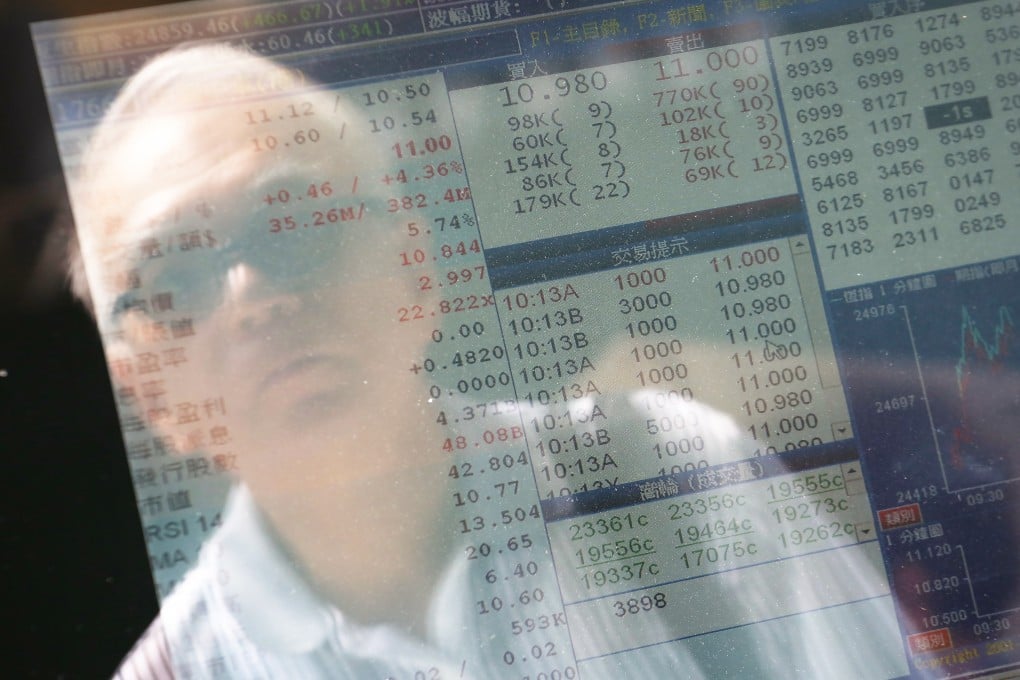New | Short selling not to blame for China stock meltdown, official data shows
Short selling of shares by foreigners is not to blame for China’s stock meltdown, according to a new study of official figures by financial data firm Markit.

Short selling of shares by foreigners is not to blame for China’s stock meltdown, according to a new study of official figures by financial data firm Markit.
“Chinese market regulators have turned to a familiar protagonist in order to explain the recent rout in [the] domestic market; short sellers. But securities lending data shows that this accusation is by and large overblown,” said Markit analyst Relte Stephen Schutte.
Official data reveals only minimal short selling in individual mainland listed shares and short selling of domestic exchange traded funds (ETFs) stands at just 1.2 per cent of total domestic ETF assets under management.
And while there is foreign demand to sell short via ETFs – essentially to bet on further falls in price – the cost of doing so is making it prohibitively expensive, Schutte’s study found.
Investors wanting to take short positions in a stock must first borrow it from an existing owner. The higher the cost of borrowing, the more prices must fall to make the trade profitable.
The Deutsche X-trackers Harvest CSI300 China A-shares ETF is the most in demand ETF from short sellers, since the instrument offers investors a exposure to the 300 most liquid mainland stocks, but the cost to borrow is 29 per cent.
That is far in excess of the 8 per cent charged to borrow stock in the Deutsche X-trackers Harvest CSI 500 China A-Shares small cap ETF which tracks the movements in 500 companies listed in Shanghai and Shenzhen. It is the most shorted ETF, with 53 per cent of shares outstanding on loan.
